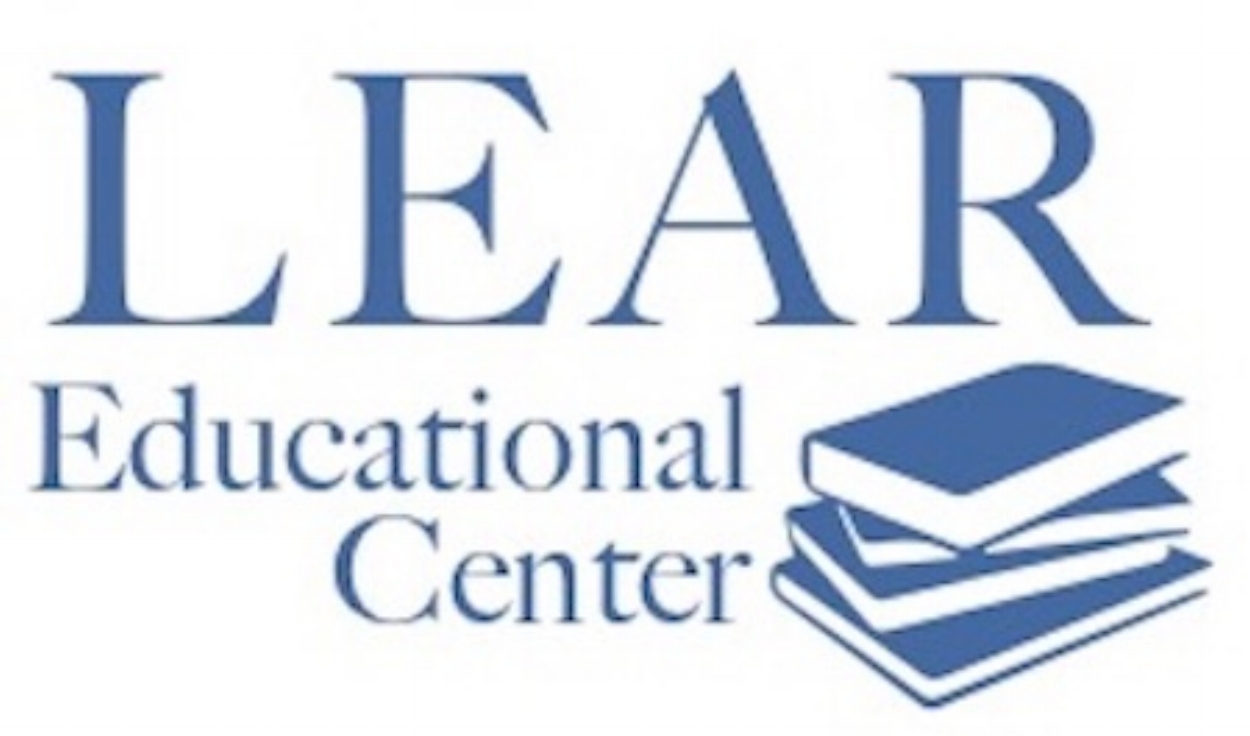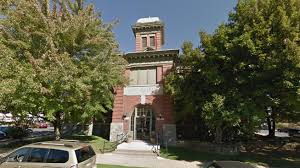Students diagnosed with Dyslexia usually have normal intelligence and normal vision yet they have difficulty processing language. Because they cannot readily identify speech sounds or determine how these sounds relate to letters and words (decoding), their ability to understand what they hear and to learn to read is hindered. Dyslexic students have problems forming words correctly because they reverse the sounds or confuse words that are different but sound alike, making it difficult for them to express themselves.
Reading well is a fundamental learning skill for all academic areas. Dyslexic students often fall behind in all subjects because they are unable to study effectively.
Students diagnosed with Dysgraphia have difficulty with the fine motor skill of handwriting. Forming letters can be so slow and difficult that students often forget what they intended to write before the word or the sentence if finished. Such things as spelling and note taking in class are affected and handwriting is often difficult to read. Even though they may know the answers to homework or test questions, students with Dysgraphia may not be able to write the answers legibly or quickly enough to complete a test.
Educational programs that accommodate and compensate for the learning differences of Dyslexia and Dysgraphia are required.
Lear Educational Center provides tutoring designed to meet their individual needs, including structured time strategies and techniques.
Our programs foster enthusiasm, comprehension and retention. They feature:
Multi-sensory teaching (sight, hearing, touch and movement) to encourage and maintain interest.
Visual, spoken and written explanations of concepts which assist the students to image and verbalize the reasoning of the concept.
Gradual introduction of new concepts and skills with frequent review so as to enhance recollection of prior learning and promote mastery of basics.
An emphasis on comprehension and retention so that students can effectively progress through more complex levels.
Introduction of strategies which the student can use to meet the learning challenges of today as well as the classroom challenges of tomorrow.
We use programs that are widely acclaimed for their success in teaching students with learning differences. These programs include Lindamood-Bell, Saxon, Wilson and Orton-Gillingham.
Lear Educational Center - providing tutoring services to students from Allentown, Bethlehem, Easton, the Greater Lehigh Valley and Northwest New Jersey since 2000




